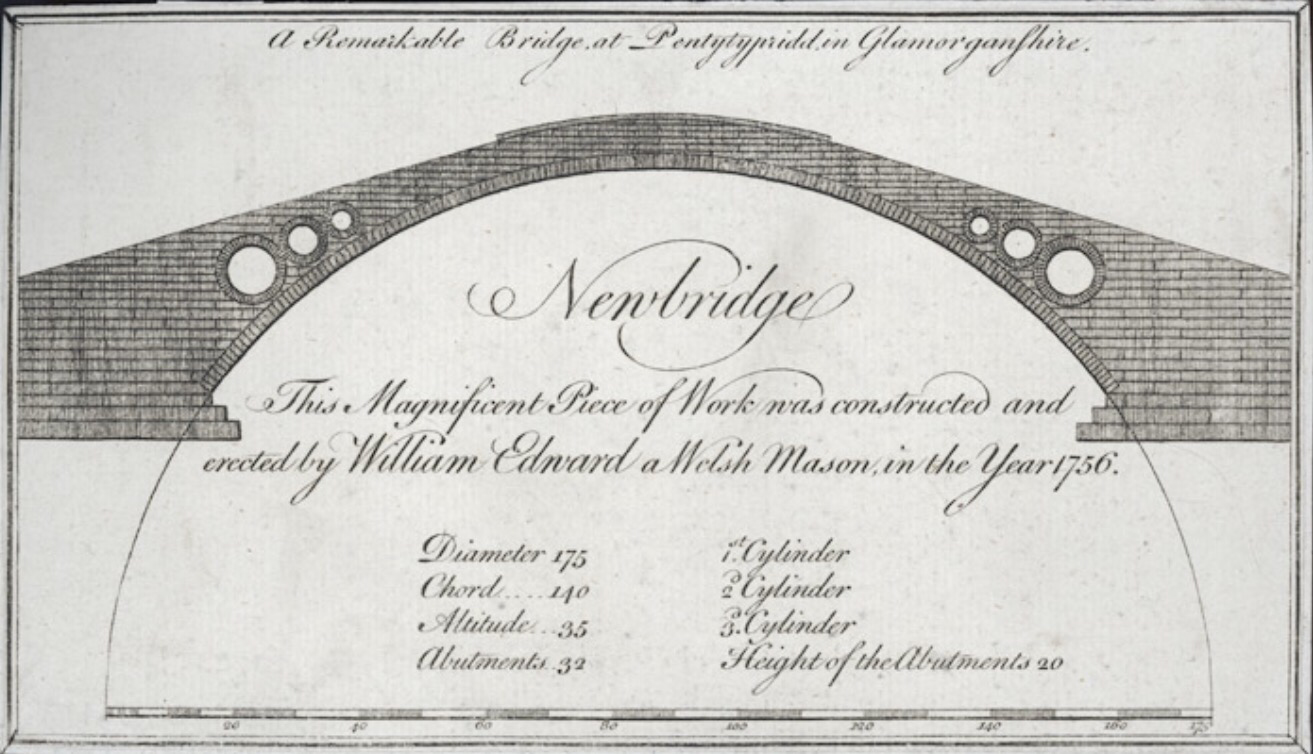
Don’t Panic. I haven’t gone all happy clappy.
This is a relatively sensible explanation of why I’m suddenly enthusiastic about voting. And anything with a mention of Switzerland has to be earnest and sensible, despite the picture.
Why the early lack of enthusiasm? This all stems from my recent trip to the Prospect Union conference in Glasgow. One thing we did a lot was vote.
Based upon my previous voting experiences I wasn’t expecting much. It’s fine for elections etc, but for committee meeting and everything else, well, voting always seemed to be the ‘kiss of death’. The situation where everyone was so deeply entrenched that the last resort was to ‘put it to the vote’. Basically, everything else had failed
Well things were different at Conference. This was voting being conducted in a way I’d never experienced. It was an essential part of how the conference was organised. A motion is proposed, people publicly debate it, speaking for or against it, and then it’s put to the vote. You have 3 very clear choices; vote for, vote against or abstain.
All straightforward stuff which pleased me enormously and got me writing things down about how useful I thought it was. Do check with anyone who’s been unfortunate to ask me how my trip to Conference went and they’ll testify to my newly found voting enthusiasm.
So why is voting so good? Given that there were over 500 delegates in the room, I think a formal voting process is probably the most efficient and effective way of carrying out the business of setting priorities, making policy and holding to account.

From the perspective of the people in the room I also think there are significant benefits:
- Everyone is involved. The act of raising a hand, or placing a voting card in a box is pretty inclusive. No need to worry about the loud mouths, seniority or the Alpha Males/Females dominating a focus group or round table discussion. Everyone has an opportunity to express their view in a simple way; raise your hand.
- Its Clear and Decisive. There is none of the ambiguity you get with round table ‘let’s reach a consensus’ discussions. The debate has happened, this is what the majority has voted for and this is what we are going to do. If you don’t like it, hard luck, that’s democracy (which is why I tell my kids they need get involved).
So why did I enjoy it so much? Apparently voting does make you happy. You’ve got two choices here, you can either read this Freakonomics article, or this 35 page research paper by Julio Rotembeg from the US National Bureau of Economic Research…..?
To save you the trouble…. the key point is that when we vote, our sense of wellbeing will increase when we see that other people share our personal opinions. I knew something had to be happening to me at conference. That sense of happiness I got when I raised my arm and could instantly see that 100’s of other marvellous people in the room shared the same opinion as me. Great whilst you have lots of people to agree with, but what happens if you are constantly in the minority?…… moving on swiftly……
The Swiss are really happy, and they vote a lot. Thanks to Mark Hodder for pointing this out. I’ve now spent more time than I ever imagined reading about the voting habits of the Swiss. It might not be a coincidence, but the Swiss come very high up on the global rankings for happiness, and they also vote a lot.
Have a look at this article about how the Swiss vote, and here are a few gems:
- They have a system of Direct Democracy where any citizen can challenge any law approved by Parliament or propose an amendment to the Federal Constitution. Imagine that here….
- They vote on average 4 times a year. Between 1995 and 2005 they voted 31 times on a 103 questions. By comparison France voted 3 times during that period. I’ll leave it up to you to draw your own conclusions about the relative happiness of the Swiss and French.

The Swiss in at number 3 (UK number 22)
On the happiness front the Swiss do very well. The United Nations 2013 World Happiness Report places them in 3rd place, just behind Denmark and Norway (France was 25th). If Life Satisfaction / Wellbeing is your measure of choice, the OECD Better Life Index places them at number 1.
Maybe there is something going on here we could bring to the workplace? At a basic level a bit more voting might make us happier (like the Swiss), and on top of this we could get quicker, more decisive decision making that involves everyone?
So, What’s the PONT?
- Voting isn’t the option of last resort I used to believe.
- It is quick, decisive and involves everyone on an equal footing.
- It makes you happy… ask the Swiss….. What’s not to like?
Picture Sources: The Swiss Red Cow – brilliant, and big tourist attraction. http://ciaobambino.com/finding-switzerland-tourist-attractions/

Leave a comment